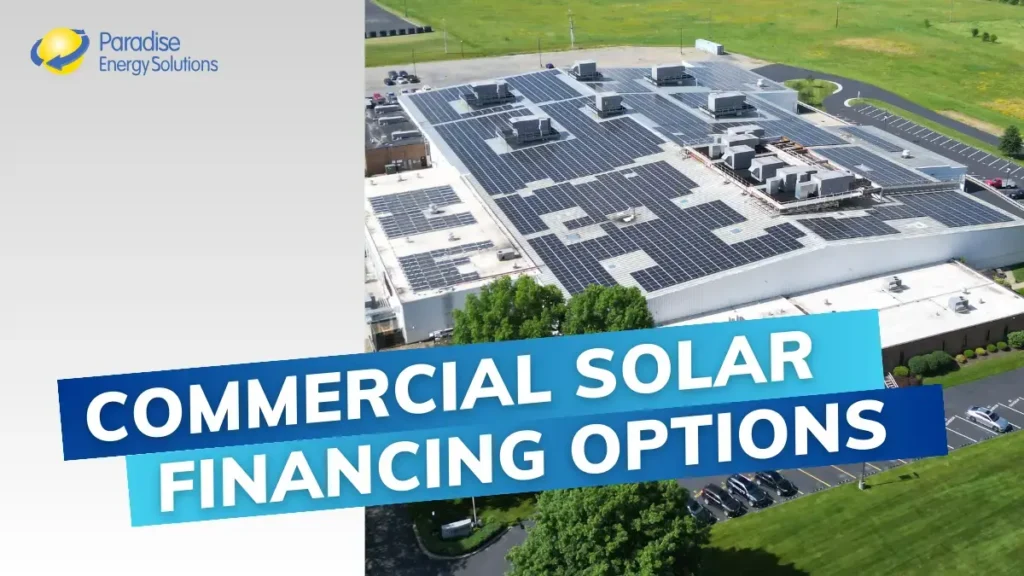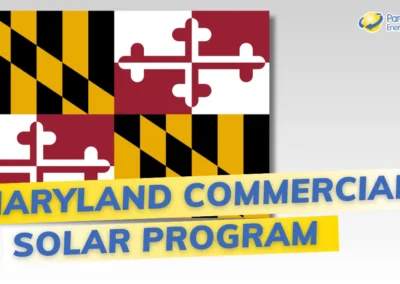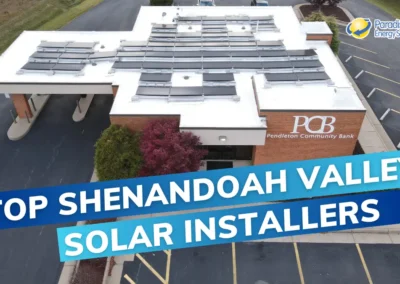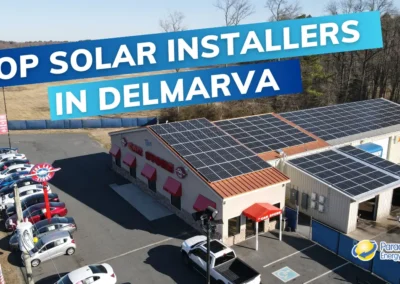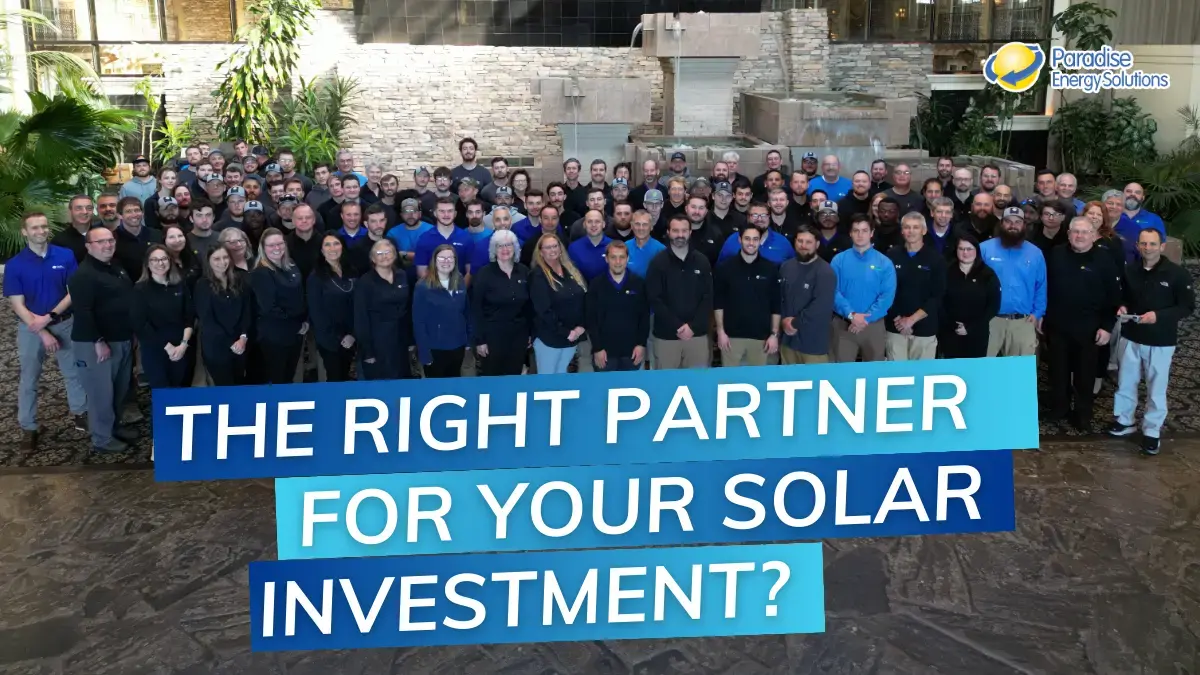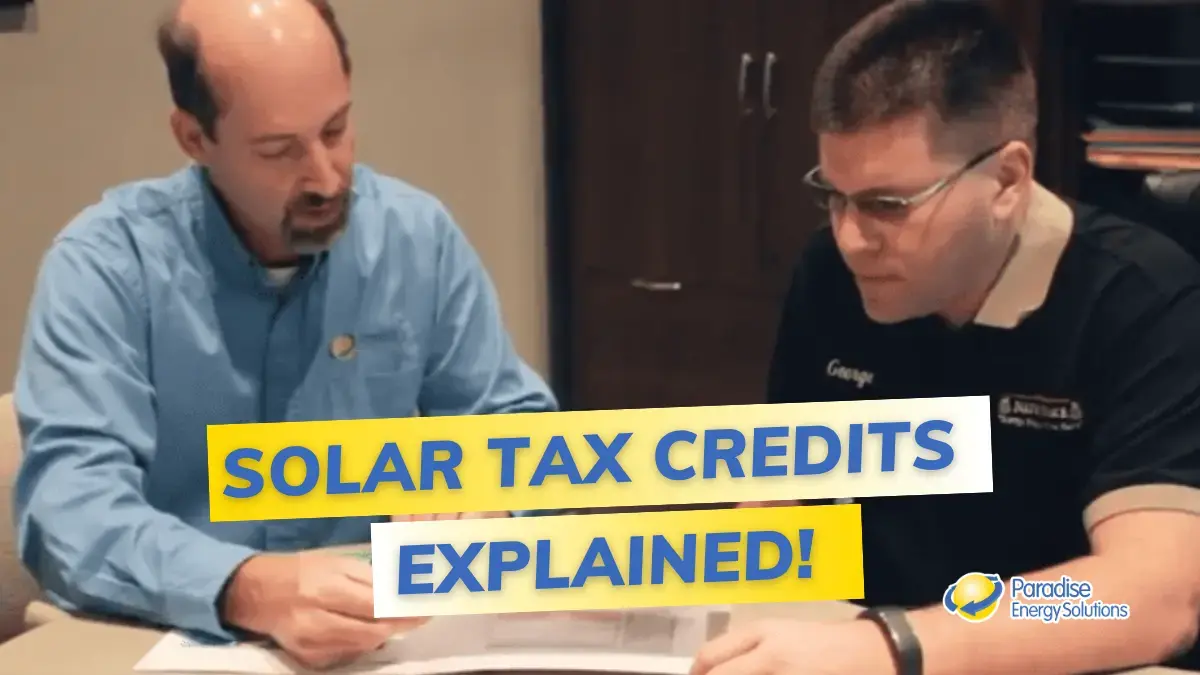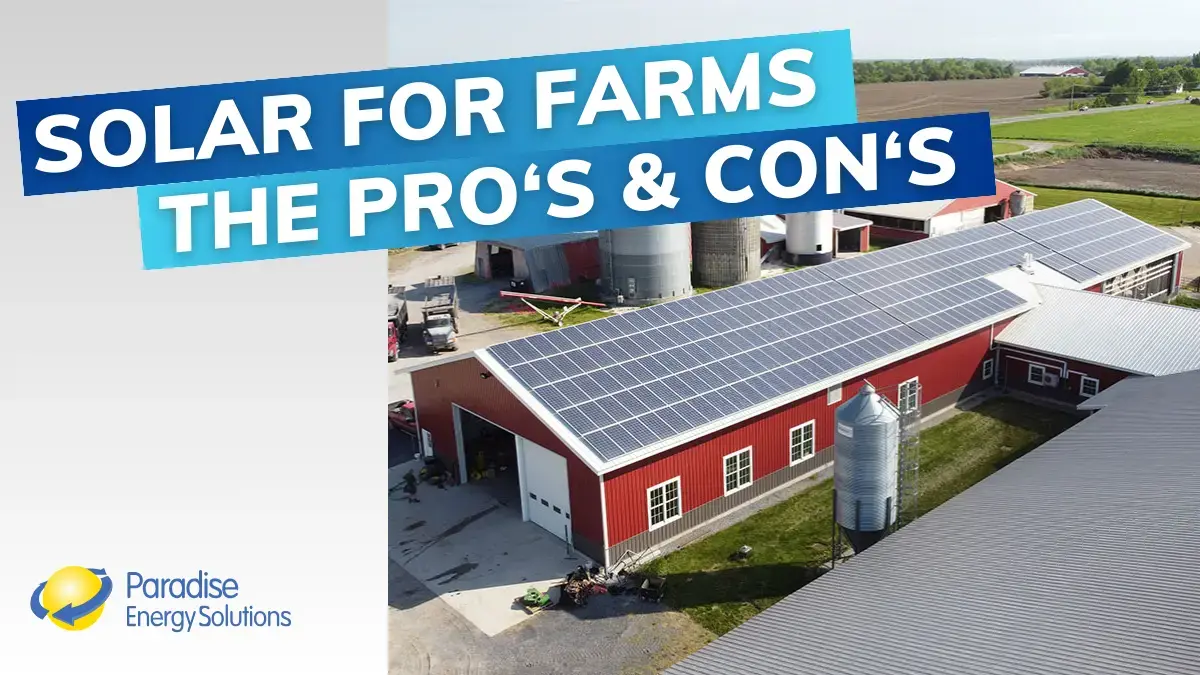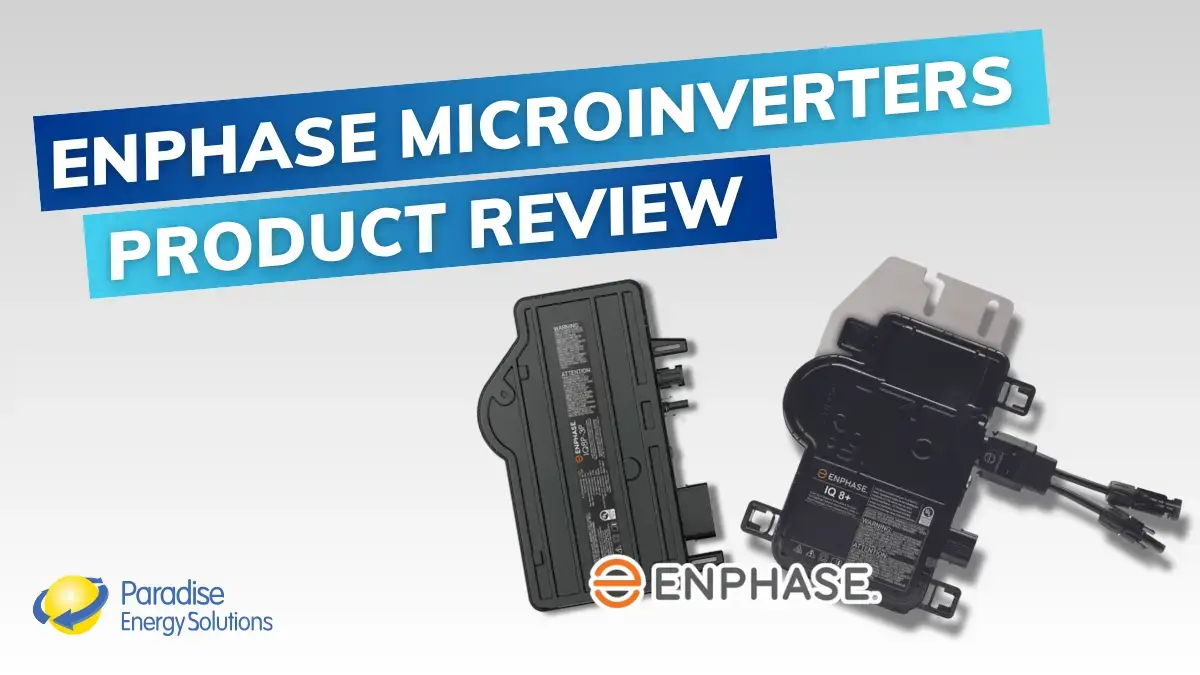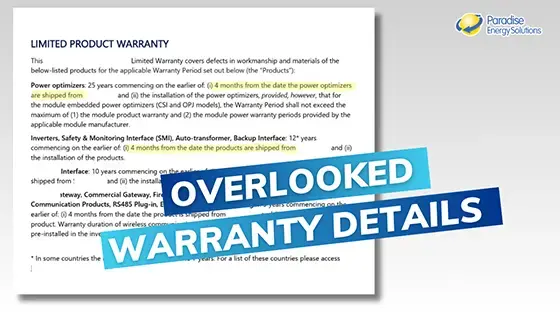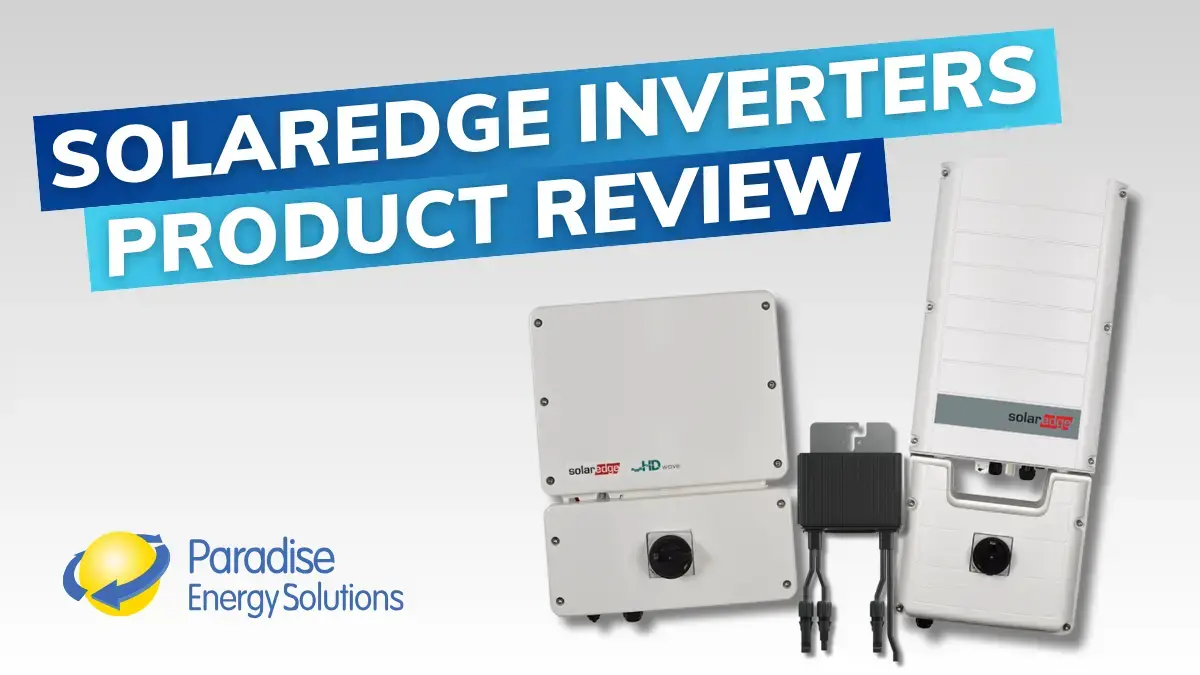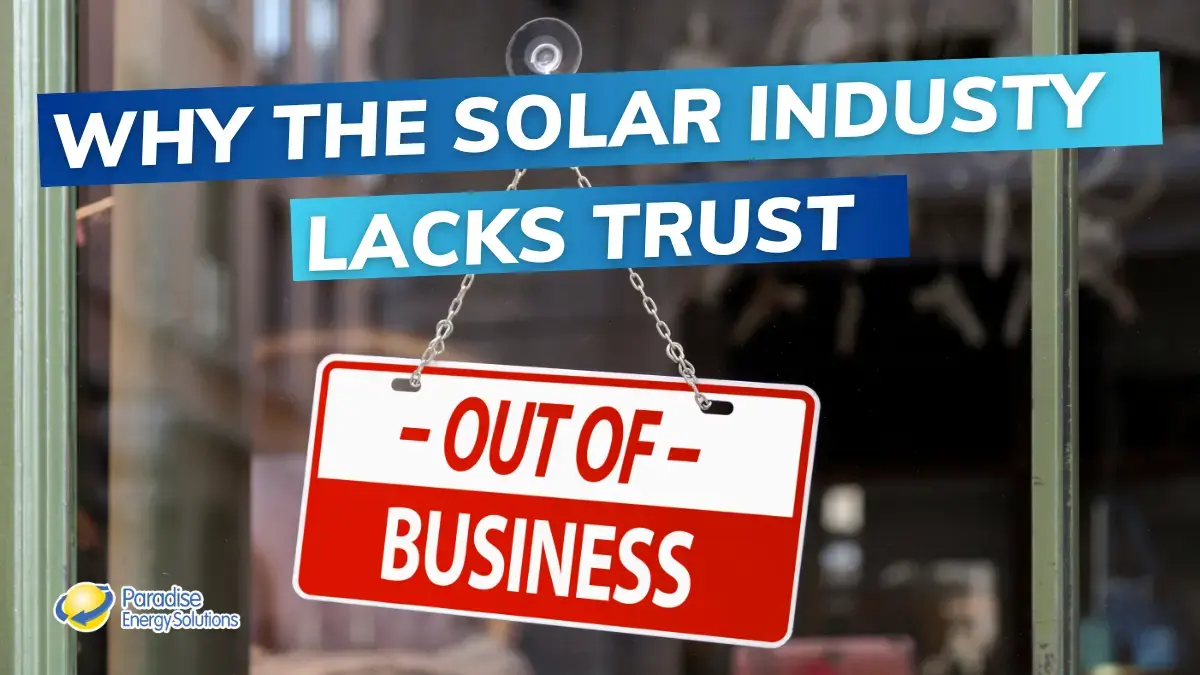A commercial solar panel system provides businesses with free electricity for decades, delivers significant tax savings and additional income through selling SRECs, and reduces greenhouse gas emissions. But with all these benefits, why aren’t there solar panels on the roof of every single business?
Because it leaves out the biggest hurdle for many businesses looking to go solar: the cost of the system itself.
 Solar can be a significant investment. And while many commercial systems reach payback in just a few years, the upfront funds needed for the investment can be a challenge. However, there are ways to make going solar easier.
Solar can be a significant investment. And while many commercial systems reach payback in just a few years, the upfront funds needed for the investment can be a challenge. However, there are ways to make going solar easier.
We’re here to break down the main financing options available for commercial solar.
Exploring the Various Financing Choices for Commercial Solar Projects
When it comes to financing a commercial solar panel system, there are four main options:
- Cash: This option is typically the lowest cost and offers the fastest turnaround. Your business owns the system and gets all the financial and tax benefits from doing so. However, not every business has enough liquid funds to invest in solar outright. Or there may be other things you could do with that cash for a higher return. If that’s the case, there are other options.
- Solar Loans: With a solar loan, you’ll borrow money to install your solar system and make monthly payments until the loan is paid. You’ll be the owner and get all the benefits that come with that.
- PPAs: Power Purchasing Agreements, or PPAs, are agreements between your business and another entity. A third party pays for and owns the system, and you pay them an agreed-upon price for the electricity the system generates.
- Solar Leases: With a capital or operating solar lease, someone else pays for the system. In return, you pay a monthly fee to use those panels and whatever electricity they generate.
Read on for more insight into how each financing option would work for your business.
Solar Loans
Solar loans work similarly to any other loan. You’ll receive the money needed to install your solar panels, and you’ll pay it off with interest.
In this scenario, you retain all the benefits of solar ownership, like free electricity and tax savings. You can also use the money you save on electricity to pay back the loan and still have years left in your system’s life to benefit from that free energy.
We typically see loans from local banks offer the best terms, but that can vary. It’s important to shop around and find a loan that delivers the best terms for your business goals.
The Advantages of Solar Loans:
- You retain full ownership of the system
- You get all ownership benefits, like the tax credit and free electricity
- You’re not dependent on another entity to keep the system in good working order
- You have full access to clean, renewable energy
The Disadvantages of Solar Loans:
- You’ll have to pay the loan back with interest
- You’re responsible for maintenance
What is a Power Purchase Agreement (PPA)
With a PPA, you grant another entity permission to pay for, install, and maintain a solar system on your property. In return, you’ll contractually agree to buy the electricity the system generates at a specific rate. These agreements can last from 10 – 25 years and may have extension options.
What you pay can vary from month to month, depending on how much electricity the system generates.
With a PPA, you won’t own the solar panels. The third-party entity will, and they’ll get all the tax advantages from doing so. However, you’ll have access to renewable energy and a reduced electric bill.
Advantages of a PPA:
- No upfront investment
- No maintenance
- Access to clean energy
- Often less expensive than utility electric
Disadvantages of a PPA:
- You don’t own the asset
- You don’t benefit from the tax savings
- You still have to pay for electricity
- A third party owns an asset on your property
- You’re contractually obligated to purchase the electricity fro a number of years
In short, PPAs can be a great way to run your business on a clean energy source and save a bit on electric costs. However, you’re losing out on the full financial benefits of a solar panel investment.
Understanding Solar Leases
There are two kinds of solar leases: capital leases and operating leases. A capital lease will typically show up as an asset on your balance sheet, and you will take on the ownership responsibilities of the system. You will also benefit from the tax incentives.
Operating leases will be more similar to rental agreements. The system must still be recorded on your balance sheet as an asset; however, the lessor will retain ownership of the system, receive the tax credit, and be responsible for maintenance duties.
In both lease agreements, you’ll be paying a monthly agreed-upon rate. At the end of the lease, you may be able to buy the system outright.
Advantages of Solar Leases:
- No upfront investment required
- No maintenance costs (operating lease only)
- Access to emission-free solar energy
- Often cheaper than electricity from the utility
Disadvantages of Solar Leases:
- Someone else gets the tax credit (operating lease only)
- Someone else owns an asset on your property (operating lease only)
- You still have to pay for the right to use the solar energy
- Can make selling your property more challenging
Leases can be a good way to go solar if funds aren’t available for outright ownership.
The Difference Between Commercial and Residential Solar Financing
Commercial financing differs from residential financing in terms of scale and financing terms. Commercial systems are typically much larger than residential systems and, therefore, cost more. Businesses also have more complex finances and more parties to satisfy, which can make things more complicated.
Finding the best commercial solar financing option for your business is an important step when considering solar panels for your business. Our team has helped thousands of businesses navigate the commercial solar financing process. If you have questions or would like to discuss your solar financing options, we’re ready to help!
